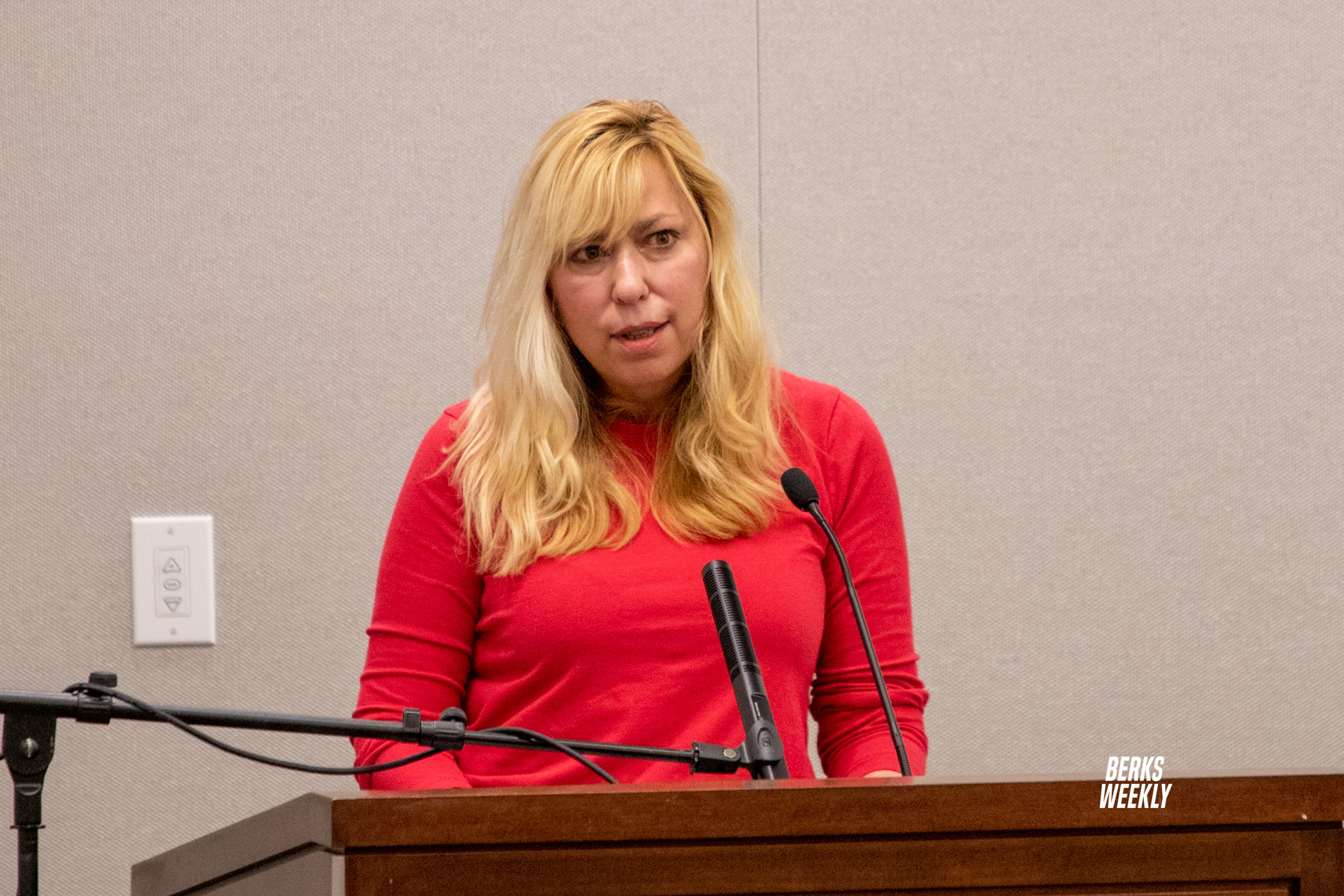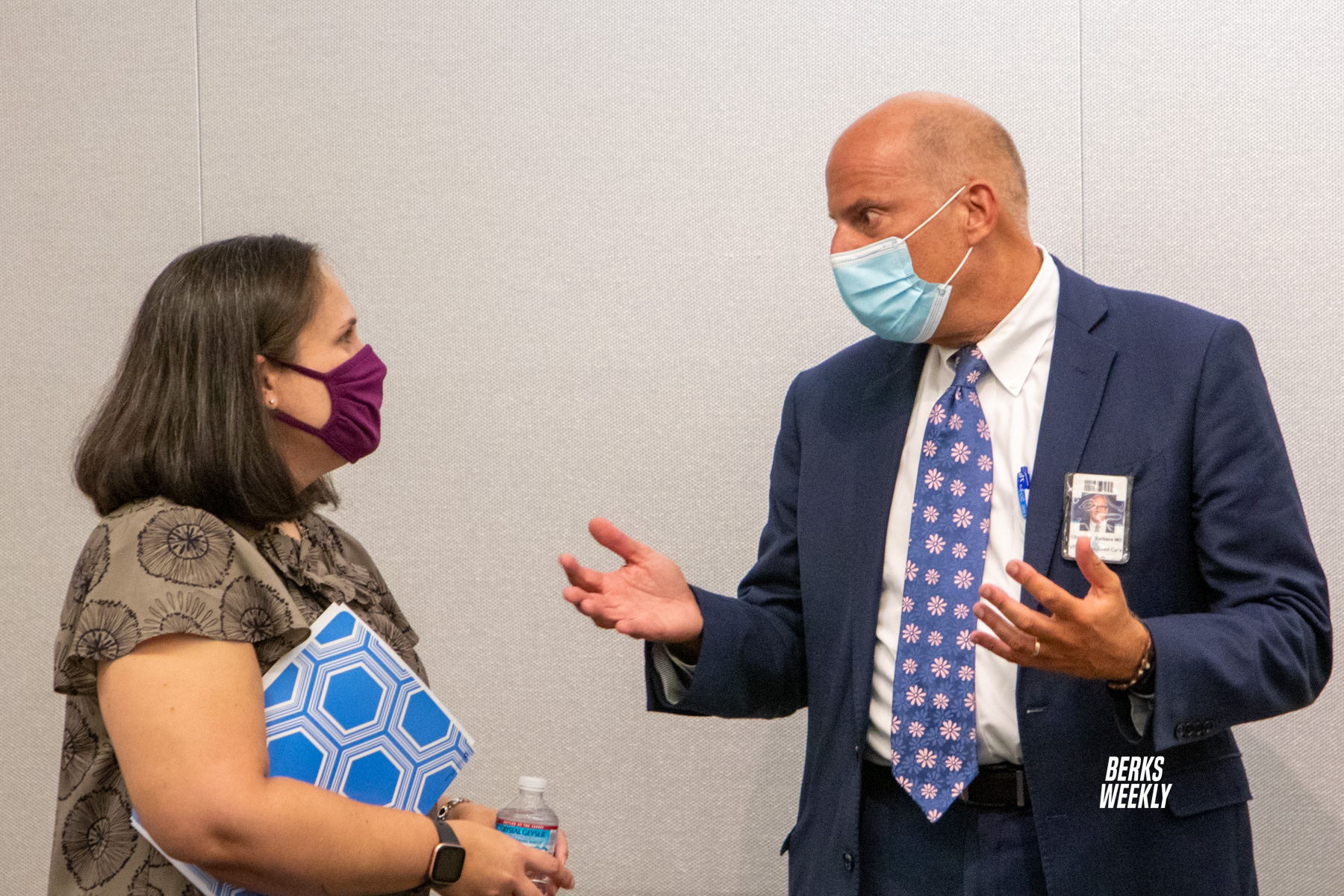Department of Drug and Alcohol Programs Secretary Jen Smith, visited Reading Hospital – Tower Health to highlight successes within their warm handoff program and to discuss the importance of providing a direct referral from the emergency room to a substance use disorder treatment provider following an overdose.
“At a time when we’re seeing a staggering increase in the number of overdose deaths, warm handoff programs play a critical role in strengthening Pennsylvania’s drug and alcohol system,” said DDAP Secretary Jen Smith. “Warm handoff programs, like the successful one here at Reading Hospital, show how compassion and appropriate resources can save lives.”
In the period right after an overdose survivor leaves the emergency room, there is often a high risk of a repeat overdose. The goal of the warm handoff program is to reduce that risk by providing a referral which directly transfers overdose survivors from the hospital emergency department to SUD treatment and resources.
Since January 2017, warm handoff programs have been implemented in 160 Pennsylvania hospitals, accounting for over 95 percent of the total hospitals in the commonwealth. Through these programs, more than 16,000 individuals have been directly referred to treatment. A total of 6,931 warm handoff encounters took place across these hospitals from January 2021 to April of 2021 alone.
In four and a half years the warm handoff program at Reading Hospital has seen nearly 5,000 patients, with more than 60 percent accepting and entering treatment immediately.

“When we began planning and implementing the Warm Handoff program, we knew we would need a strong partner for the program to be successful. We found that with the team at Council on Chemical Abuse (COCA),” said Charles F. Barbera, MD, Vice President at Tower Health.
“With COCA’s support and collaboration, we are able to provide Certified Recovery Staff in the Reading Hospital Emergency Department 24 hours a day, seven days a week. Access to this critical life-saving care can be the difference between life and death for the members of our community. We’ve been fortunate to see how lives are changing for the better when our patients are offered rehabilitation services immediately after an overdose.”

Beginning in January 2016, the department has worked with stakeholders to ensure a seamless transition for opioid overdose survivors accessing treatment. Contractual changes were added in the grant agreements between DDAP and local Single County Authorities (SCA) to establish overdose survivors as a priority population, requiring each SCA to implement warm handoff programs with the hospitals in their county and report monthly warm handoff data.
DDAP and the Department of Health hosted regional Warm Handoff Summits in the spring of 2018 and 2019. The purpose of each summit was to bring together stakeholders from the public and private sectors across a range of disciplines to learn from experts and one another. In 2019, 923 participants attended the summit, a 47 percent increase over 2018, hearing from 33 presenters/co-presenters across 26 warm handoff-related topics.

